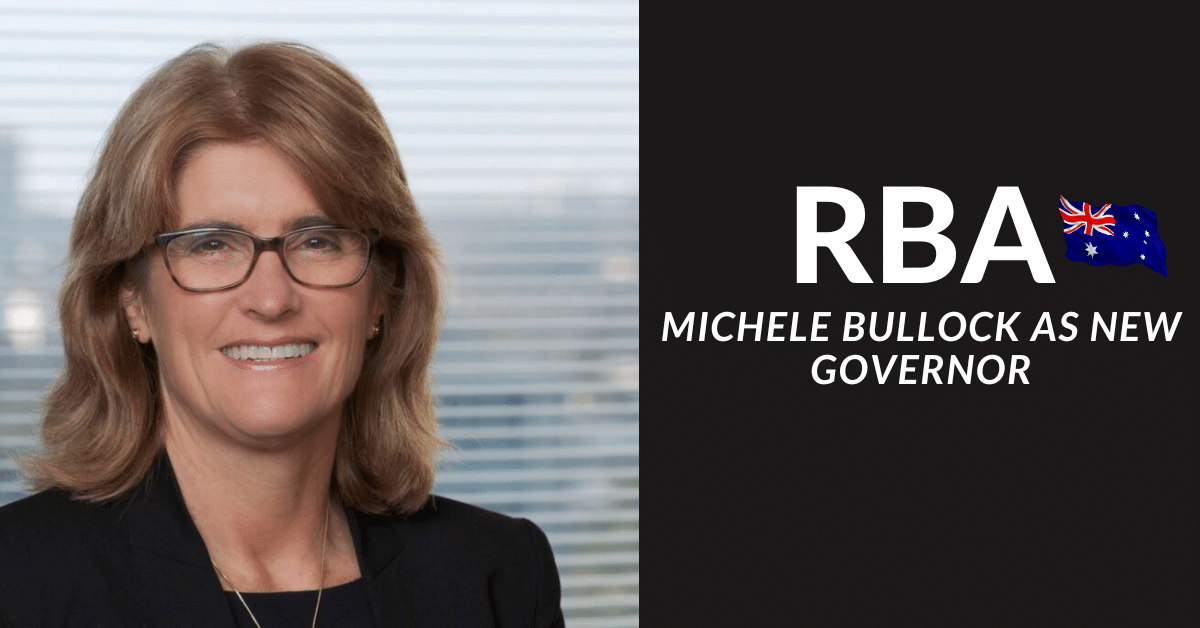[Sydney] – In an eagerly awaited decision, Australian Treasurer Jim Chalmers and Prime Minister Anthony Albanese have appointed Michele Bullock as the ninth governor of the Reserve Bank of Australia (RBA). Bullock, who currently serves as the Deputy Governor, has been selected for her exceptional expertise in economics and her profound understanding of the RBA’s operations, cultivated throughout her illustrious career with the central bank.
This appointment marks a turning point for the RBA as Bullock takes the helm and leads the central bank into the future. Chalmers emphasized that her appointment ensures Australia will have the world’s premier central bank, equipped to tackle both current and future economic challenges effectively. With her extensive experience, Bullock is poised to oversee the implementation of the recommendations derived from a recent review of the RBA. These recommendations aim to fortify the central bank’s efficacy and refine its monetary policy framework.
The decision to appoint Bullock concludes months of speculation about the future of Governor Philip Lowe. During his tenure, Lowe successfully steered Australia through nearly three decades without a recession, all while maintaining historically low unemployment rates. However, his recent guidance on interest rates generated criticism and scrutiny.
Lowe’s suggestion in 2021 that interest rates could remain at record lows until 2024 was issued during considerable uncertainty caused by the global COVID-19 pandemic. Yet, as inflation surged worldwide due to the Ukrainian conflict and supply chain disruptions, this ultra-dovish stance had to be swiftly abandoned. Lowe acknowledged the need to revise the outlook, expressing regret for the sudden shift and its challenges.
While some critics argue that Lowe was slow to respond to mounting inflation pressures, it is important to recognize his significant achievements throughout his tenure. Australia’s economy witnessed unprecedented growth and stability, with Lowe’s leadership instrumental in maintaining this prosperous trajectory.
Most economists believe that interest rates are nearing their peak, even as inflation remains a concern. As Bullock assumes her role as governor, she faces the task of navigating these complex economic landscapes. Her appointment signifies a new chapter for the RBA as it adapts to evolving challenges and aims to sustain Australia’s economic success.
In conclusion, the appointment of Michele Bullock as the next governor of the Reserve Bank of Australia ushers in a new era for the country’s central bank. With her profound understanding of economics and extensive experience within the RBA, Bullock is well-positioned to lead the institution into the future. As Australia confronts economic uncertainties, including inflation concerns, Bullock’s leadership and strategic vision will play a crucial role in shaping the country’s monetary policies.

